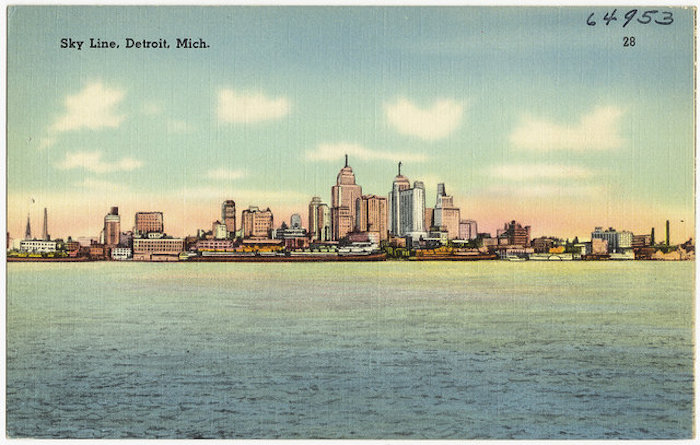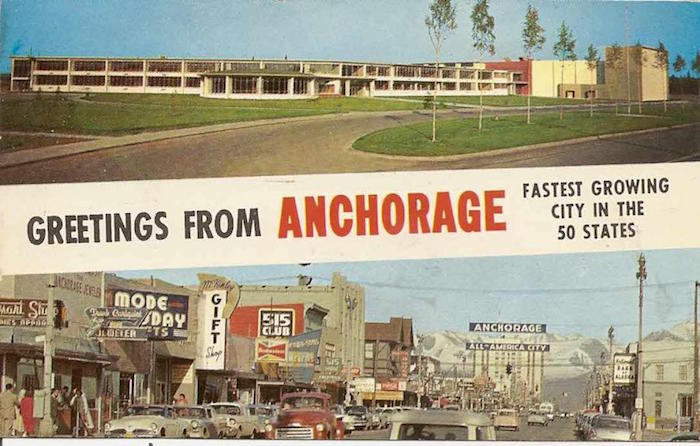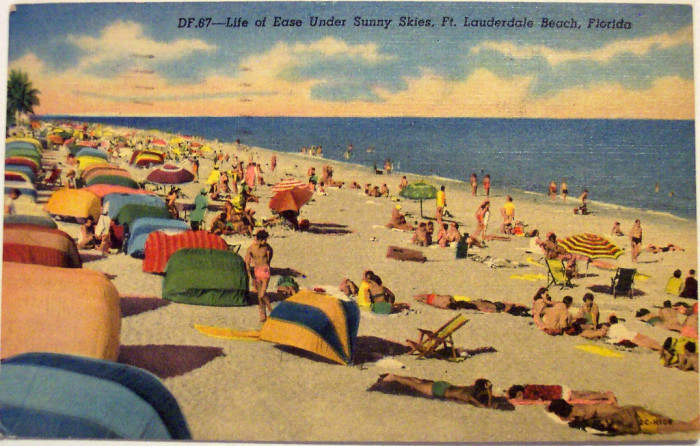
August 21, 2014
Dear Bonnie: Deals in Dillon + A Giveaway
Dear Readers,
Before we get to the regularly scheduled column, I’d like to announce a very special contest in which the winner will receive two tickets from moo.com to the first annual Hopscotch Design Festival in Raleigh, North Carolina on September 3rd and 4th. In order to win, just send me your best answer to the following question submitted this week to Dear Bonnie. Here’s the question:
Dear Bonnie,
The situation in Ferguson, MO is messed up. What can designers do to help?
And generally, what is the responsibility of a designer when s/he sees something wrong, but feels powerless to stop or change the situation?Sincerely,
Helpless in Hermosa Beach
It’s your turn. What advice would you give H.? Submit your answer to [email protected] by Tuesday, August 26th at 4pm eastern with HOPSCOTCH as the subject line. We’ll post the winning answer next week! Full rules can be found here.
Dear Bonnie,
Should I offer my freelance clients a discounted rate for buying hours in bulk?
Deals in Dillon
Dear D.,
You don’t mention what kind of freelance work you are doing, but I fear you’ve omitted an important detail.
If it’s purely mechanical work — say, retouching, or some other type of work that you can actually predict time-wise in advance — then it’s fine to reward your client’s commitment with some kind of discount.
However, I firmly believe that design work should not be sold by the hour. Can I write that again for emphasis? Design work should NOT be sold by the hour. A great idea can happen in seconds, minutes, hours or days. You could even have the great idea during your first phone call with the client. Should you be paid less for arriving at the right solution sooner? Of course not, silly rabbit. You are being paid for a combination of multiple things: your talent, your experience, your problem solving, your communication skills, your equipment, your ability to actually complete the job from start to finish, and more. None of these things are quantifiable.
I would, however, make occasional exceptions for work after an established contractual agreement has been exhausted. The client knows the base fee and understands the scope of work that it entails, and if the project changes — or if additional rounds are needed — you can mutually agree on either another flat fee to complete the remaining work or, alternatively, an hourly rate to finish up the project. Assuming the creative heavy lifting is done and knowing how this particular client works, you should be able to give your client a reasonable estimate for the number of hours you anticipate the work will take. But tread carefully: if you can’t provide a solid estimate or if you think the project will require significant rethinking (and therefore additional time), a flat fee is the way to go.
Just remember, design should never be sold by the pound.
Observed
View all
Observed
By Bonnie Siegler
Recent Posts
Why scaling back on equity is more than risky — it’s economically irresponsible Beauty queenpin: ‘Deli Boys’ makeup head Nesrin Ismail on cosmetics as masks and mirrors Compassionate Design, Career Advice and Leaving 18F with Designer Ethan Marcotte Mine the $3.1T gap: Workplace gender equity is a growth imperative in an era of uncertainty



